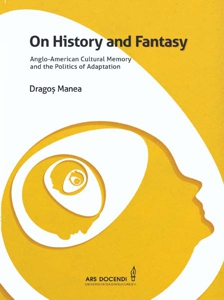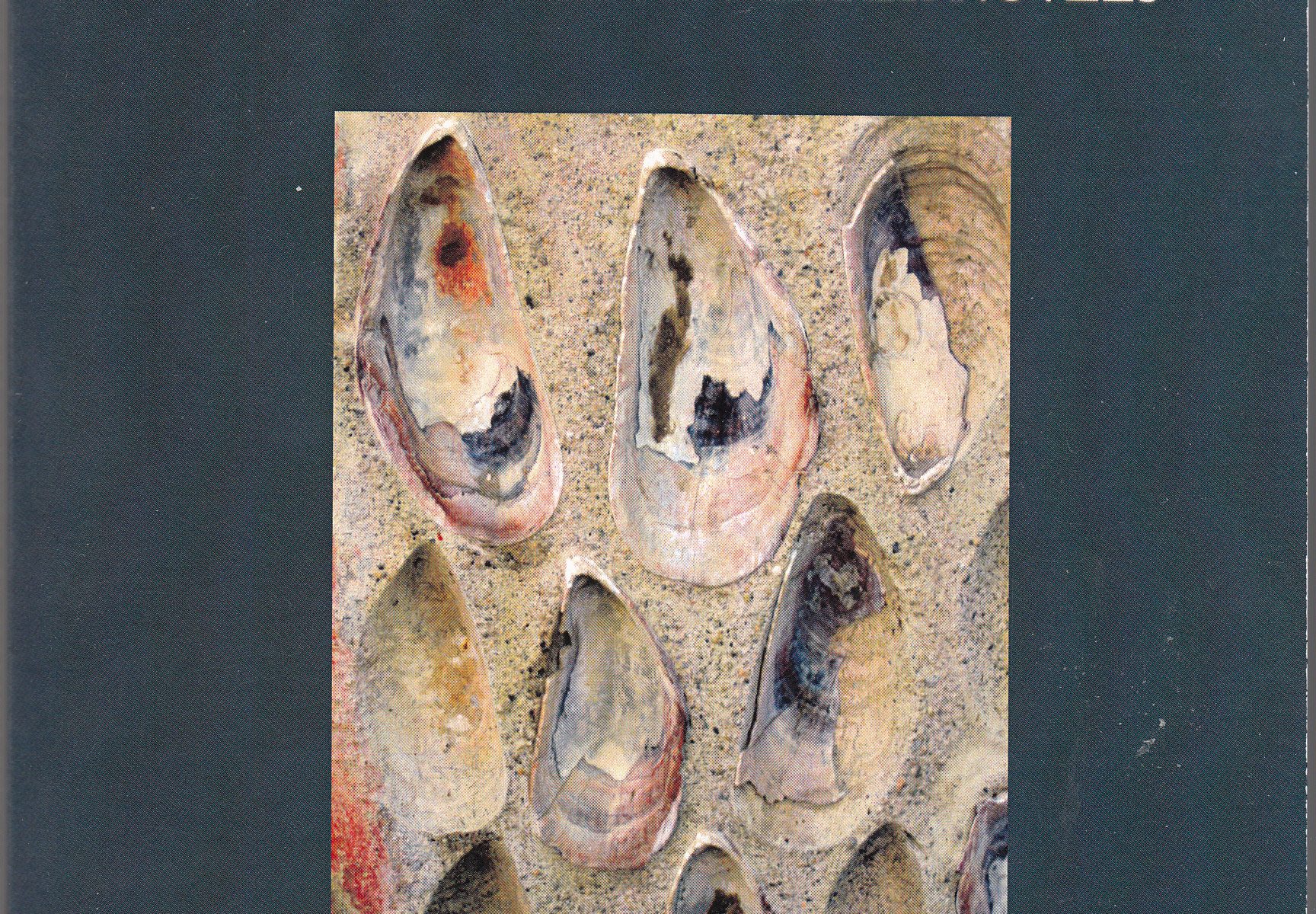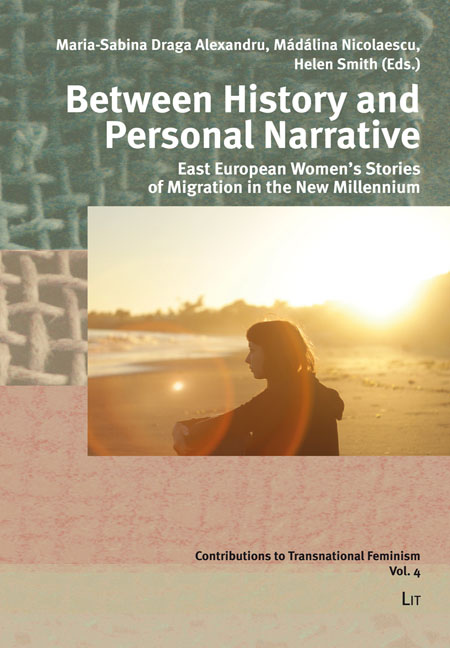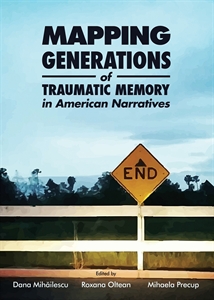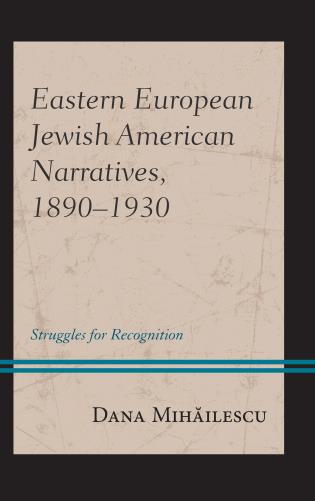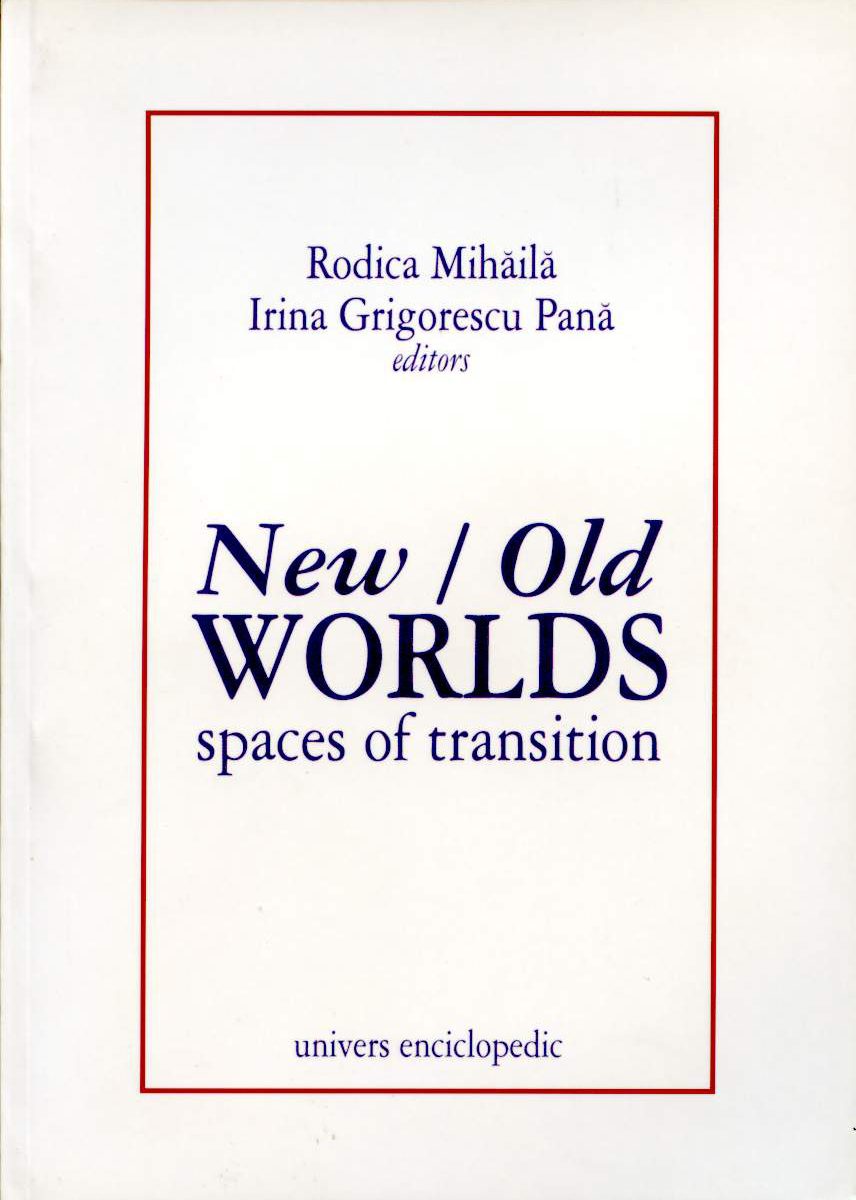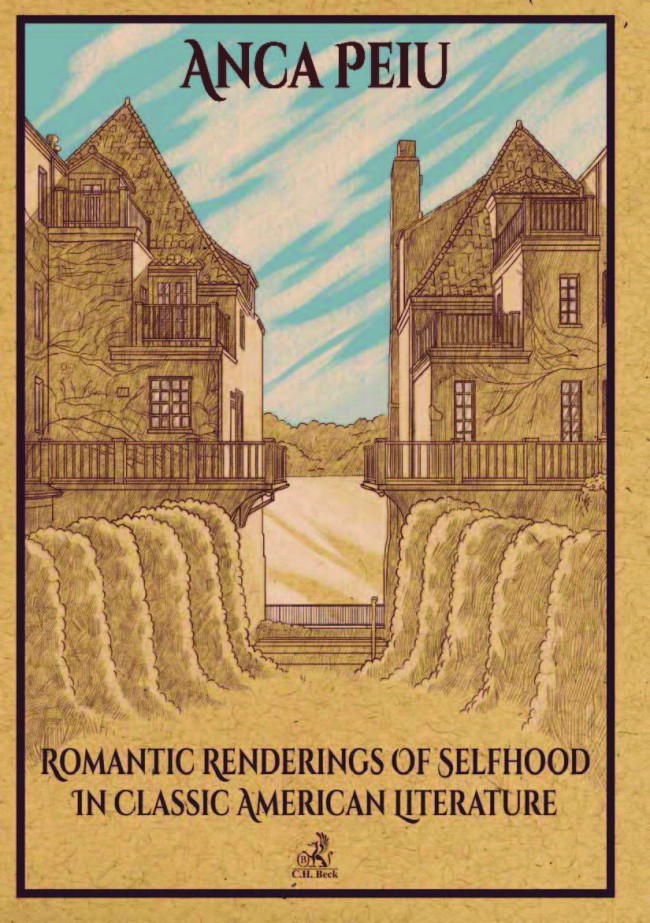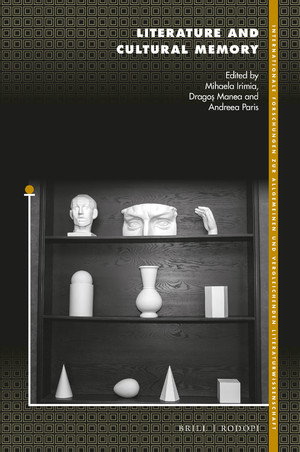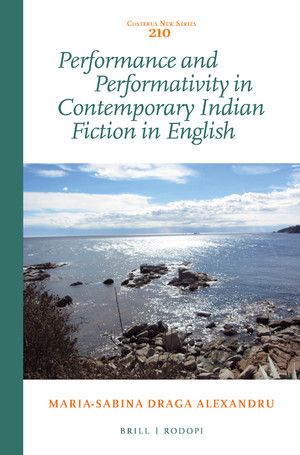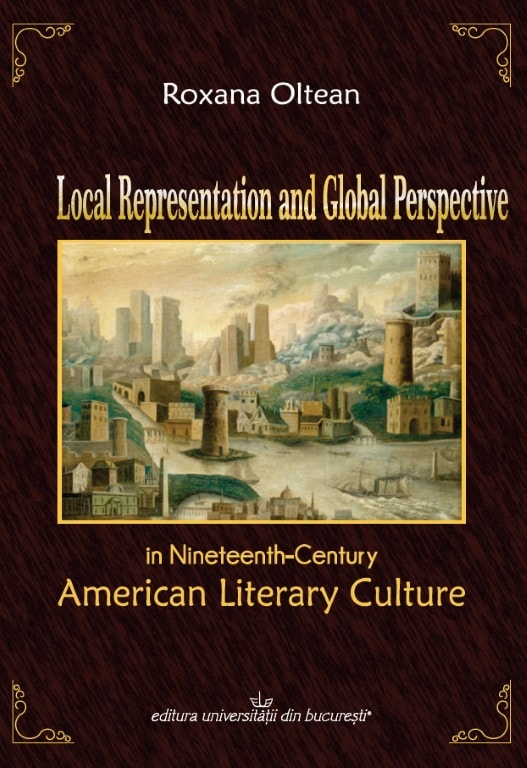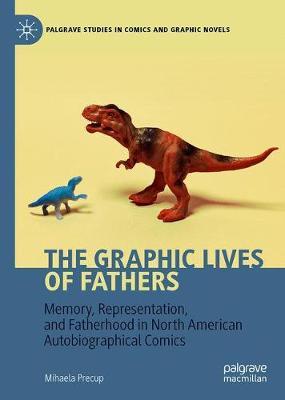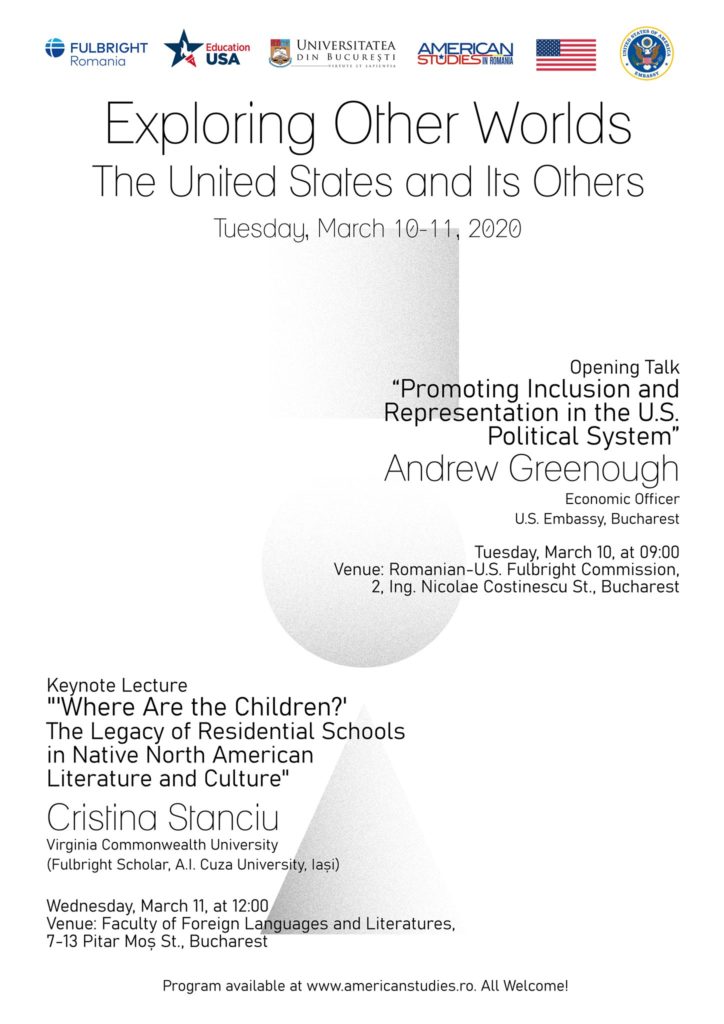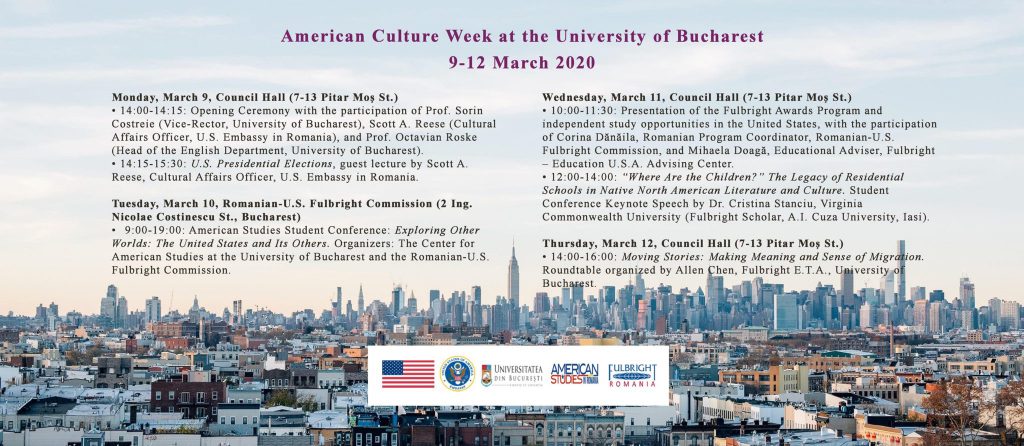by Dragoș Manea
Historical fantasy – a genre that blends historical reality with elements impossible in their historical periods, such as magic or preposterously advanced technology – affords us new ways of understanding the processes behind the constant remediation of cultural memory by accepting a narrative logic that overtly rejects the paradigm of historical verisimilitude.
In doing so, it allows for an imaginative engagement with the past that is open to radical transformation. Such profound alterations of historical events can also serve to interrogate the grand narratives often associated with them by revealing different, perhaps disturbing potentialities – what could have preferably happened and what has thankfully not.

